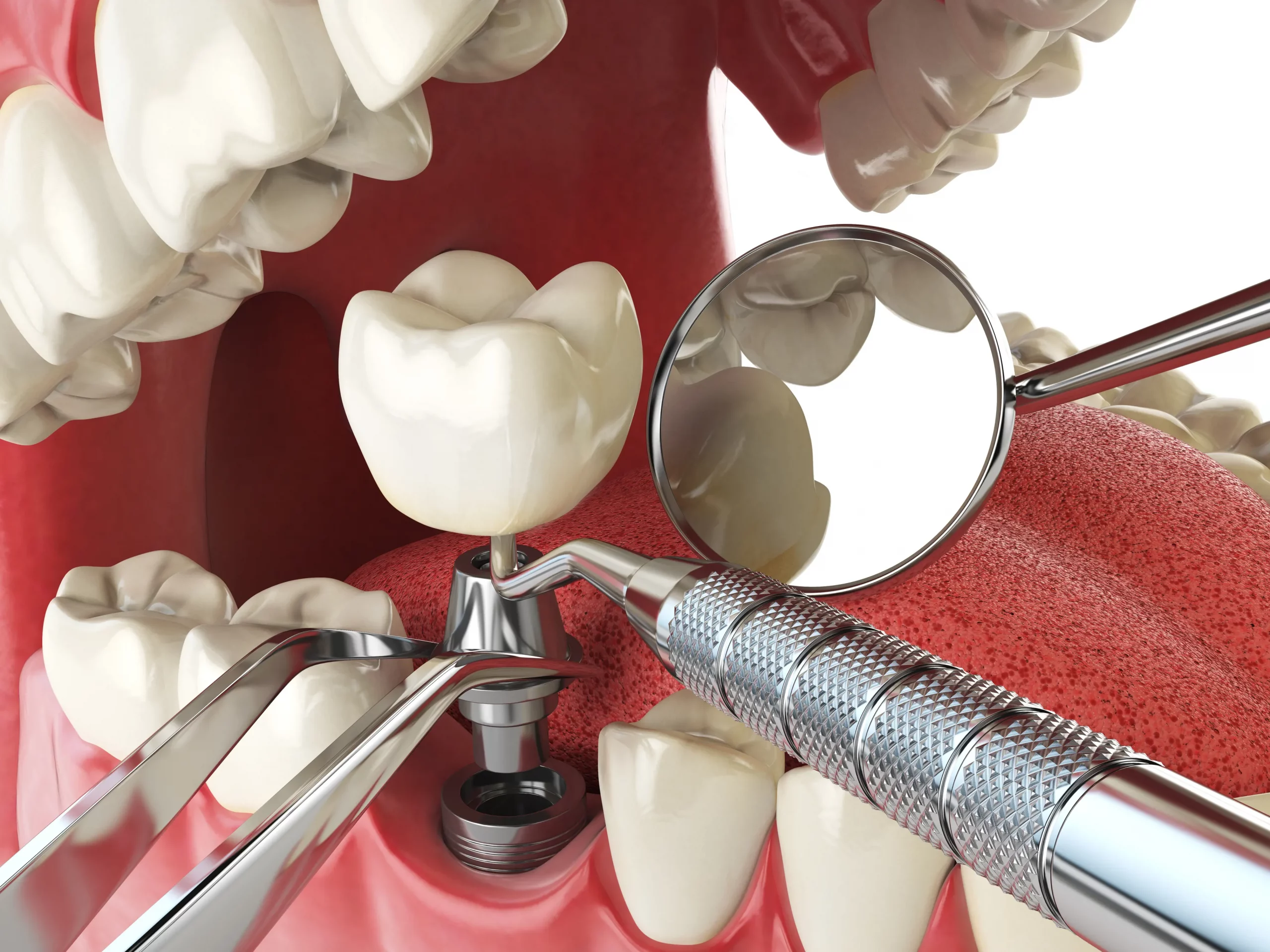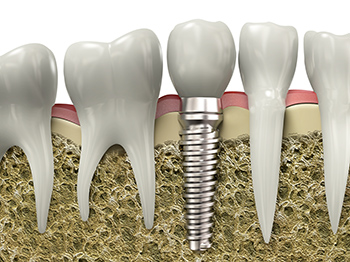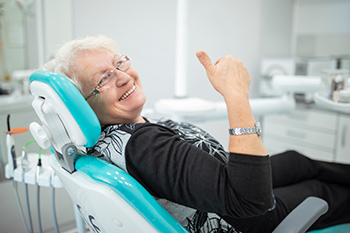According to dental health experts, millions of American adults are missing one or more teeth. This may be due to genetics, poor lifestyle habits, poor oral care habits, lack of access to quality dental care, and more. However, no matter what has caused the tooth loss, the impact is the same:
This is where restorative dental procedures, such as dental implants can help.

Restorative dentistry is the area of dentistry focused on restoring functionality due to damaged or missing teeth.
At Afroz Burges DDS, PA Cosmetic and Family Dentist in Pearland, TX, we offer several restorative procedures. Dental implants are your permanent solution to missing teeth.
Whether you have just started losing your natural teeth or you’ve been missing teeth for some time, schedule your consultation with Dr. Burges and the team today. Let us show you how we can restore the functionality of your smile, as well as your confidence.
Dr. Afroz Burges has been providing high-quality general and family dentistry services to residents in and around Pearland, TX for more than 20 years. She has worked hard to position herself as one of the top general and cosmetic dentists in the state of Texas. She has the experience and expertise to provide a variety of dental services to patients of all ages.
She is friendly and compassionate, which helps to put even the most anxious patients at ease. In fact, everyone on the team strives to ensure that each and every visit to the clinic is a pleasant one.
Dr. Burges earned her Bachelor of Dental Surgery and Doctor of Dental Surgery from the University of Texas Dental School in Houston. She also earned a Master’s Degree in Biotechnology from the University of Texas at San Antonio. She offers many services from dental exams and cleanings to teeth whitening to tooth replacement, including dental implants.
Dental implants are considered the “gold standard” in tooth replacement. This device looks, feels, and functions like natural teeth. A single implant can be used to replace a single tooth or 2 or more can be used to support up to an entire arch (dental bridge or overdenture).
There are two types available: traditional and mini.
A traditional implant is made up of three pieces:
In mini implants, the abutment is already attached to the implant screw, and their overall size is slightly smaller. A mini implant is usually recommended for patients who have a small mouth or have some jawbone deterioration.

When you are missing teeth, it is imperative that you replace them as quickly as possible to prevent any negative impacts to your oral and overall health. Dental implants offer many day-to-day and long-term oral and overall health benefits:

Dental implants are helpful for patients who are missing one tooth, several teeth, or all teeth. This tooth restoration offers a variety of benefits for adult patients of all ages. Dr. Burges does not recommend this for patients under the age of 18, as the jawbone is still forming and growing. However, there is no top age limit- but it is important to note that patients who are older may be at a greater risk of implant failure. This is because these patients often have underlying health conditions.
As a general rule, anyone that is healthy enough to undergo tooth extraction or oral surgery is a good candidate for dental implant surgery. Your gums and jawbone should be healthy enough to accommodate the implant. In addition, you must be willing to commit to practicing proper oral hygiene and visiting the dentist every 6 months for an exam and cleaning.
However, if you have uncontrolled medical conditions such as diabetes or heart disease, or if you have had radiation therapy to the head/neck, or if you are a smoker, you may not qualify. Dr. Burges will evaluate your condition and determine if the benefits outweigh the risks of the surgery for you.
Dental implants are the most expensive tooth replacement option in Pearland, TX. There are several factors that can impact the cost of implants, including:
A single-tooth dental implant costs around $5,000 per tooth.
All-on-4 dental implants cost around $12,000 per arch, or $24,000 for both.
Mini dental implants start at around $500 and go up to around $1,500.
Full-mouth dental implants cost around $60,000+.
The procedure for getting dental implants is a lengthy one, generally taking a minimum of a few months to a year or more depending on your needs and healing time.
The procedure starts with the consultation visit. During this visit, Dr. Burges will examine your mouth and determine your eligibility for dental implants. She will discuss your oral and overall health history as well as your current condition and your expectations for treatment. This information will be used to create your personal treatment plan.
If you need any prep procedures, those will be done first. This includes extractions, bone grafting or sinus lifting, and gum disease treatment. If necessary, you will be sent home to heal. Sometimes, implants can be placed on the same day as extractions.
When your mouth is ready, the implants will be placed. This involves making an incision in the gum and drilling a hole in the jawbone. The implant screw is placed in the hole and the incision is closed. Healing from this step usually takes about 3 to 6 months. This is when the jawbone will heal around and fuse with the implant, creating a stable base for your restoration.
Once the jawbone is healed and the implant is secure, you will return to the clinic and the incision will be opened to expose the implant. Dr. Burges will attach the abutment, which will hold the tooth restoration in place. A healing cap will be placed on top to prevent the gum from healing over it. Impressions will be made, and your prosthetic tooth/teeth will be ordered.
In a couple of weeks, your prosthesis will be ready. Before permanently attaching it, we will ensure that it fits properly and that your bite is aligned. If everything looks good, we will secure it and the appearance and functionality of your smile will be restored.

Typically, full healing takes about 3 to 6 months. However, the first two weeks are the most critical.
Dr. Burges wants her patients to understand the procedure they are undergoing. She will be happy to discuss your questions and concerns. Below are some of the most commonly asked questions when it comes to dental implants.
Prior to the procedure, we will administer local anesthesia. This will numb the area so that you do not feel pain while the implants are placed. As the anesthesia wears off, you may have some discomfort. In addition, you may experience some discomfort during healing, but you should be able to control it with OTC or prescription pain relievers.
Dental implants are designed to last a lifetime, with proper care and maintenance. This includes proper oral hygiene habits and visiting the dentist every 6 months.
For the first few days following dental implant surgery, you will have some discomfort so you will want to stick to a liquid diet including smoothies, protein shakes, Jell-o, pudding, applesauce, etc. During this time, you’ll want to avoid dairy products, as these can cause inflammation in the soft oral tissues, as well as potentially trigger nausea and vomiting- which can all contribute to implant failure.
After a few days, you can transition to a soft food diet including steamed veggies, soft fruits, eggs and omelets, chicken, ground beef, and fish, potatoes, milk, cheese, yogurt, and other soft foods. You will want to stick to these foods for several months until the implants are fully healed.
During this time, you’ll want to avoid foods that are acidic, spicy, crunchy, sticky, tough, or extremely hot.
There are several reasons why a patient may not qualify for dental implants, including:
Dental implants have a 5% to 10% failure rate. The most common signs of failure are: implant feeling loose, pain/discomfort, difficulty chewing, inflamed gums, swelling, and gum recession. The most common causes of failure include:
There are several steps in the dental implant process:
The first step is your consultation visit. At this time, the dentist will examine your mouth and take x-rays or CT scans. This will help determine the health of your mouth and your eligibility for dental implants.
If needed, the next step is to complete any prep procedures such as tooth extractions, gum disease treatment, and bone grafting or sinus lifting. In many cases, you will need time to heal following these procedures, which can take some time.
Next, implants are placed. This involves cutting an incision in the gum and drilling a hole in the jawbone. The implant screw is placed in the hole and the incision is closed with stitches. The healing time following this step takes a minimum of a couple of months and may take up to 6 months, depending on how you heal.
If traditional implants are used, you will return once you have healed for abutment placement and to order your prosthesis. A healing cap is placed on the abutment to prevent the gum from healing over it.
When your prosthesis is returned in about 2 weeks, you will schedule an appointment to have it placed.
At the end of this process, you will have an artificial tooth that looks, feels, and functions like a natural tooth.
The entire process of getting dental implants takes several months to a year or more, depending on the prep procedures you need as well as your body’s ability to heal. In most cases, you’ll need time to heal between each stage of the procedure.
After dental implant surgery, you should avoid smoking, using a straw, vigorously brushing your teeth- especially the implant site, strenuous exercise, and consuming extremely hot or hard foods.